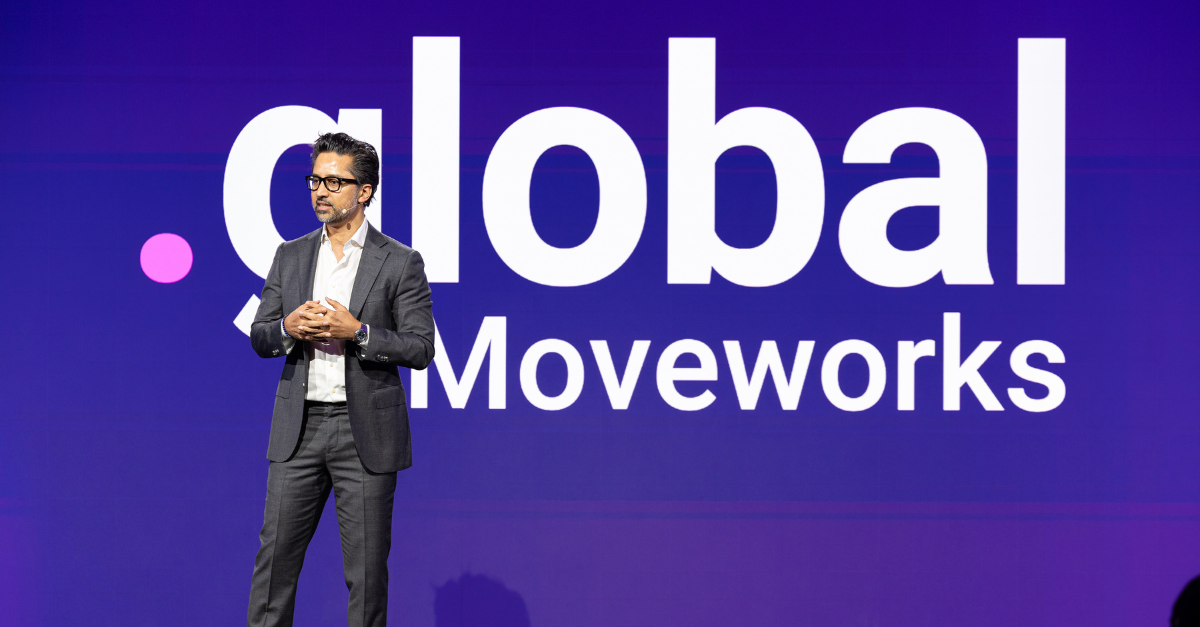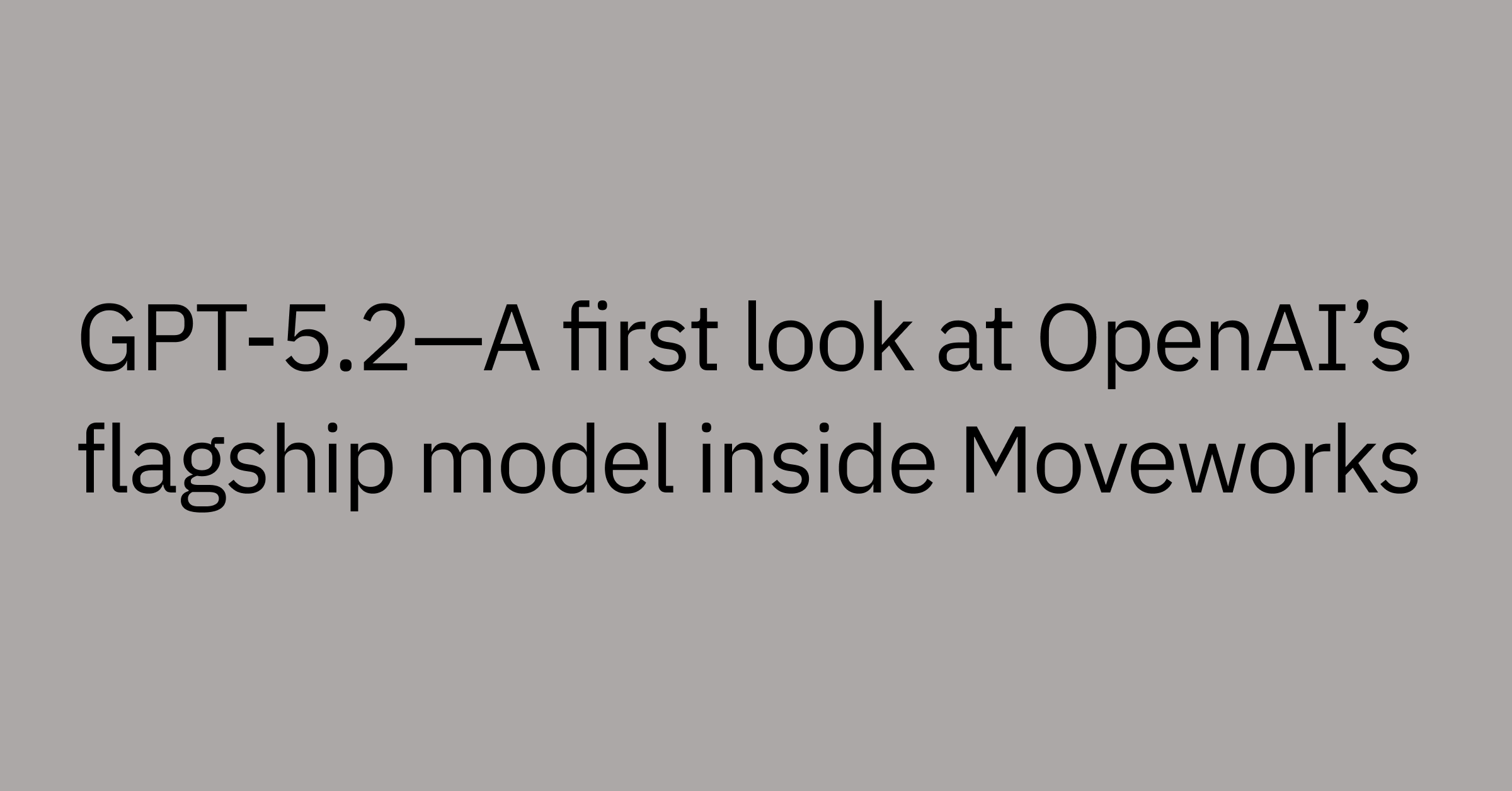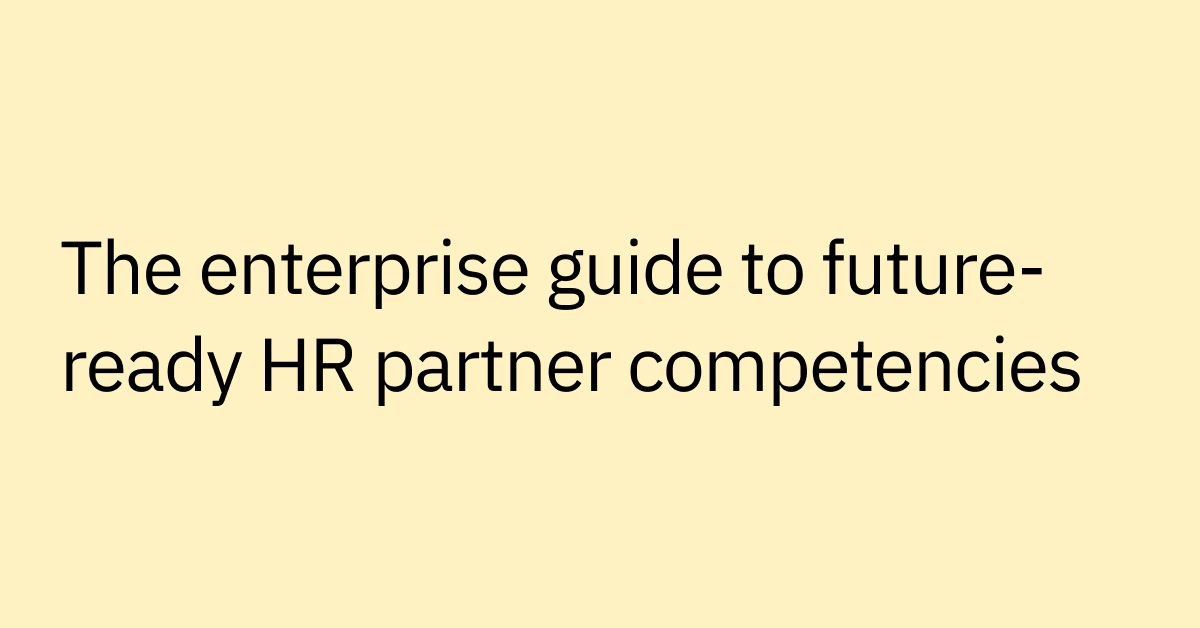Table of contents
AI is transforming businesses, and while many organizations are eager to adopt AI assistants and copilots to boost productivity, this integration comes with its own set of challenges. Chief Information Officers (CIOs) everywhere are finding that deploying these AI tools effectively requires more effort and strategic planning than they initially thought.
As presented by a recent article in the Wall Street Journal, three key hurdles have emerged at the forefront of enterprise AI implementation: ensuring data quality and governance, solving complex ranking problems, and accurately selecting the right information sources. These challenges are significant, but they also present critical opportunities for innovation in enterprise AI.
At Moveworks, we've been tackling these issues head-on since our inception. Our years of experience in developing AI solutions for enterprises have given us unique insights and driven us to create innovative approaches to overcome these obstacles. Our award-winning Copilot, recently recognized as the Best Best Generative AI Platform at the AI Breakthrough Awards, is a testament to the success of our approach.
In this post, I'll explore the three challenges mentioned above in depth and share how Moveworks is actively handling them.
3 key challenges in AI assistant deployment
Let's dive into the three major challenges CIOs face when deploying AI and how these issues impact the effectiveness and value delivery of AI in the enterprise:
Challenge 1: Data quality and governance
The cornerstone of any effective AI assistant is the quality of data it's built upon. Many organizations are finding that their existing data isn't quite ready for prime time when it comes to AI deployment. Issues include:
- Outdated information: Content that hasn't been updated recently can lead to AI assistants providing obsolete answers.
- Inconsistent data: Contradictory information across different sources can confuse AI systems, resulting in unreliable outputs.
- Missing content: Gaps in organizational knowledge can lead to incomplete or unhelpful responses from AI assistants.
Effective data governance is crucial to ensure that the information fed into AI systems is accurate, up-to-date, and properly managed. Rolling out a copilot on top of subpar content is like building a house on sand — it's only going to mislead your employees and undermine trust in your AI initiatives.
Challenge 2: Ranking problems
When it comes to AI, more isn't always better. As pointed out by the CIO of Juniper Networks, copilots often struggle when confronted with duplicate content, misranking results in ways that can confuse users. This is a real issue that goes beyond simple keyword matching. It involves:
- Context understanding: AI systems often struggle to fully grasp the organizational context that would help them prioritize certain information over others.
- Personalization challenges: Different users within an organization may require different answers to the same question based on their role, department, or location.
- Handling duplicative content: When faced with similar pieces of information from different sources, AI assistants may struggle to determine which is most authoritative or relevant.
The crux of the problem? While large language models (LLMs) offer improved ranking capabilities, they often lack the nuanced understanding of an organization's unique context. It's not just about finding information; it's about finding the right information for the right person at the right time.
Challenge 3: Selecting the right source for information
In large organizations with multiple data sources and systems, knowing where to look for information is half the battle. It's not enough to have all the information at your fingertips; you need to know which drawer to open first. Here are just a few reasons for that:
- System diversity: Organizations often use a variety of systems (CRM, ERP, knowledge bases, etc.) to store different types of information. AI assistants need to understand which system is most appropriate for each type of query.
- Authorization and access: Not all users have access to all information. AI assistants must be able to navigate complex permission structures to provide information users are authorized to see.
- Real-time vs. static data: Some queries require real-time data (like current inventory levels), while others can be answered with static information. AI assistants need to discern which type of data is needed and where to find it.
For instance, when looking up the status of a sales opportunity, should the AI consult the CRM, dig through meeting notes, or trawl through chat threads? Making this decision requires a level of contextual understanding that most copilots simply don't have.
These challenges aren't just theoretical — they're the real-world hurdles that organizations are facing as they strive to make AI truly useful in an enterprise setting. But as we'll see, with the right approach, these challenges can be transformed into opportunities for smarter, more effective AI deployment.
Moveworks' solutions to data quality and governance challenges
At Moveworks, we've developed a three-pronged approach to deal with the data quality and governance issues that often plague AI deployments. Our solutions are designed to help CIOs quickly organize and clean up their data, ensuring that employees have access to a solid foundation of accurate, up-to-date information.
Knowledge Studio: Creating and updating content
With Knowledge Studio, companies can proactively address content issues before they become problems. Dozens of our customers are already using this tool to keep their knowledge bases fresh and comprehensive by using our solution to:
- Automatically identify content gaps
- Highlight existing content that needs updating
- Leverage generative AI models to create new content
- Use notes from tickets and other sources to enrich content
Copilot Insights: Analyzing usage to identify poor content
It's not enough to just have content; it needs to be helpful content. Copilot Insights enables continuous improvement by:
- Quickly showing how employees are rating the helpfulness of AI-generated summaries and results
- Identifying the most popular sources of content that have the worst ratings
- Enabling content teams to prioritize improvements where they'll have the biggest impact
This approach to continuous improvement has proven highly effective. For example, our long-standing customer Broadcom has achieved impressive results by using Copilot Insights to refine and improve their content over time.
Employee Experience Insights: Curating valuable content
CIOs often know they have valuable content somewhere in their organization, but pinpointing it can be a challenge. Employee Experience Insights solves this problem by:
- Helping CIOs and their teams identify areas where they need high-quality content
- Quickly spotting pockets of useful content within the organization
- Allowing for selective access to this valuable content for the Moveworks AI
This curation approach ensures that the Moveworks Copilot has access to the most relevant and valuable information, without being overwhelmed by less useful data.
By leveraging these three tools — Knowledge Studio, Copilot Insights, and Employee Experience Insights — our customers can rapidly deploy AI in a way that delivers positive ROI from day one. More importantly, these tools set the stage for continuous improvement, ensuring that the value of the AI assistant grows over time as the quality and relevance of the underlying content improves.
This comprehensive approach to data quality and governance is what sets Moveworks apart in the enterprise AI space. We're not just providing an AI assistant; we're offering a complete enterprise copilot platform for ensuring that assistant has the high-quality, relevant information it needs to truly support and empower employees.
How Moveworks addresses ranking problems
At Moveworks, we've been working through complex ranking problems for nearly a decade, and our solutions go far beyond simple keyword matching or basic LLM embeddings. This long-term commitment to solving ranking issues means that our solutions are not just theoretically sound, but battle-tested in real-world enterprise environments. We've learned what works — and perhaps more importantly, what doesn't — through years of practical application and iteration.
One of our key innovations is the way we embed organizational context into our ranking signals. We understand that in an enterprise setting, the relevance of information can vary dramatically based on factors like:
- Department structure
- Project teams
- Company policies
- Geographic locations
Our ranking system takes all of these factors into account, ensuring that results are not just accurate, but contextually appropriate for each user and query.
Taking this a step further, we've developed sophisticated personalization techniques that dramatically improve the accuracy of our rankings. Moveworks Enterprise Search understands and utilizes a wealth of user-specific data, including:
- Role within the organization
- Geographic region
- Job title
- Recent activity and queries
By leveraging this data, we can provide highly personalized results that are tailored to each user's specific needs and context. For example, a query about “quarterly reports” might yield different top results for a finance team member versus a sales representative, even within the same organization.
This level of personalization and contextual understanding is what sets Moveworks apart from systems that rely on simpler LLM-based embeddings. While these basic approaches can provide general improvements in ranking, they often fall short when it comes to the specific, nuanced needs of enterprise users.
Our sophisticated approach to ranking ensures that users receive the most relevant information quickly, increasing productivity and user satisfaction. It's not just about finding the needle in the haystack — it's about understanding which needle each user needs, and why.
Selecting the right source with Moveworks’ Reasoning Engine
As AI assistants gain access to more data, they face a critical challenge: understanding which source to consult for each specific query. To address this challenge, the Moveworks Copilot uses a sophisticated Reasoning Engine that goes beyond simple keyword matching. It understands the context of each query, considering factors such as:
- The nature of the information being requested
- The user's role and permissions
- The typical sources for different types of data within the organization
This contextual understanding is crucial for determining where to look for the most accurate and up-to-date information. Once the context is understood, our Copilot's Reasoning Engine makes intelligent decisions about which systems to query. For example:
- For sales opportunity status, it prioritizes the CRM over meeting notes or chat threads
- When looking up customer data, it first searches Salesforce rather than general knowledge bases
- For HR-related queries, it might prioritize the HRIS system over other data sources
This ability to select the most appropriate system for each query ensures that users receive the most accurate and authoritative information available. This intelligent source selection is a massive differentiator for Moveworks. While other copilots might struggle to navigate the complex web of enterprise data sources, our solution:
- Reduces information overload by focusing on the most relevant sources
- Improves response accuracy by prioritizing authoritative data
- Enhances user trust by consistently providing reliable information
Our head start in deploying the reasoning abilities of LLMs has allowed us to develop a Copilot that truly understands the intricacies of enterprise data landscapes. While the broader industry may be experiencing slow adoption of AI assistants, Moveworks continues to defy these trends.
Leading the way in enterprise AI deployment
Moveworks has been at the forefront of addressing AI deployment challenges since our inception. Our long-standing investments in R&D and our extensive experience with a large customer base have equipped us to overcome the most pressing issues in enterprise AI deployment.
Our copilot, recognized as the “Best AI-Based Solution for Customer Service” at the AI Breakthrough Awards, exemplifies our innovative approach. By intelligently selecting the right data sources for each query, we ensure that our AI provides accurate, timely, and relevant information. This leads to better user experiences, increased productivity, and ultimately, a stronger return on investment for organizations deploying AI technology.
Our commitment to solving these complex challenges cements Moveworks as a leader in this field. We're not just keeping pace with industry expectations — we're setting new standards for what AI can achieve in the workplace.
Experience the future of enterprise AI. Request a demo today and see how Moveworks can transform your workplace efficiency.



